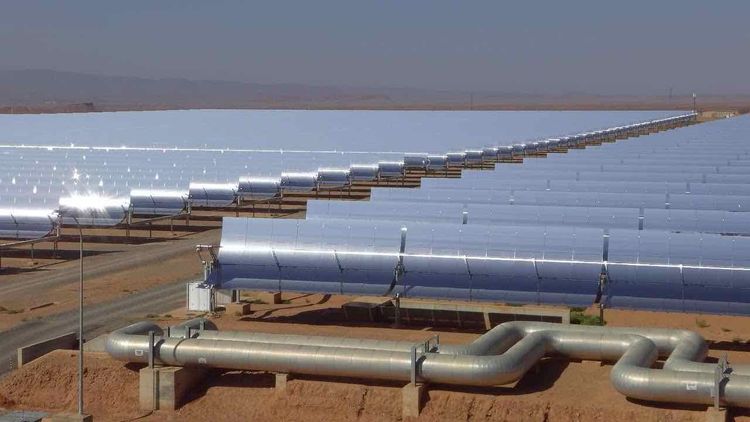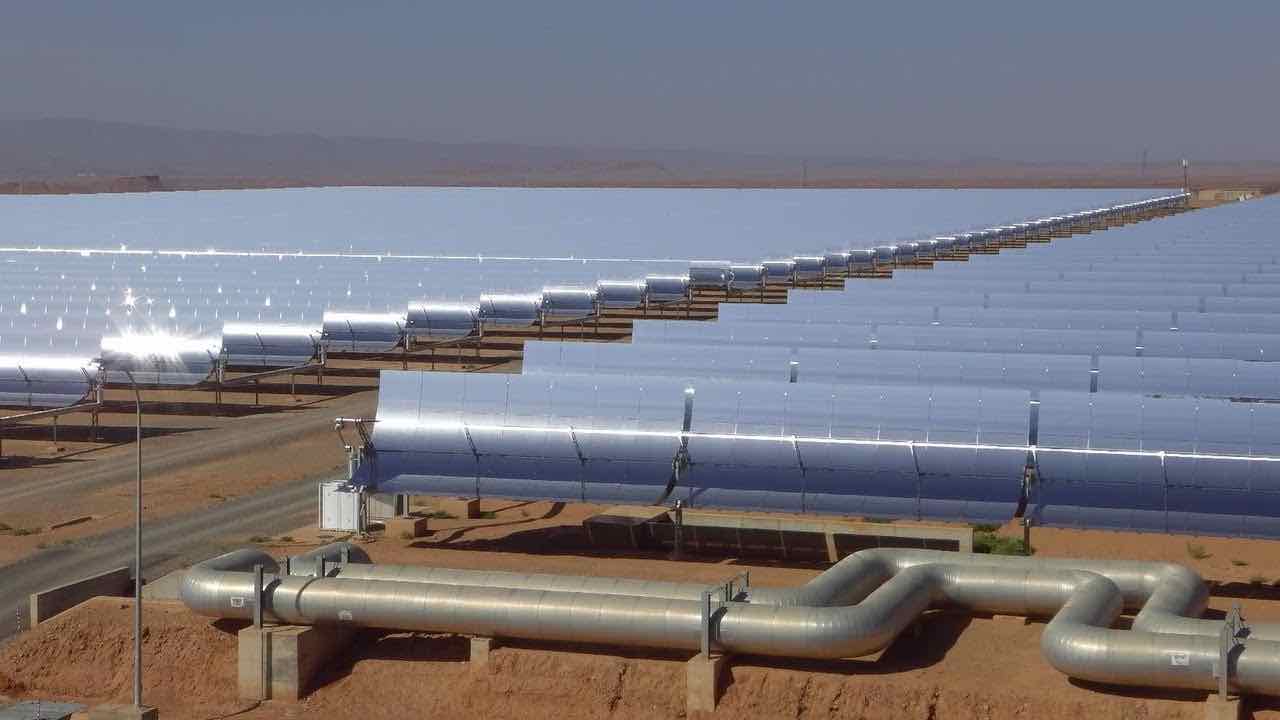Climate blind spot: Report calls for new focus on renewable heat and fuels

Although solar and wind power have experienced unprecedented worldwide growth in terms of electricity production, a think tank called REN21 recently published a report that cautions against neglecting the supply of renewable heat and fuels.

On Tuesday, the Renewables in Energy Supply report was released with a warning that if we don't improve the clean energy supply chain, it will negatively impact global climate efforts. By continuing to rely on coal, gas, oil and nuclear, we are impeding progress towards a more sustainable future.
REN21 states that there are many obstacles that are hindering the use of renewable energy to make a significant contribution to achieving global climate and development targets.
REN21 has identified certain hindrances such as inadequate focus on all energy sources and a lack of variety in renewable energy technologies, which have been limited predominantly to wind and solar options.
The lack of effective global energy policies was identified as a hindrance, alongside frustrations with the slow processing of permits and access to power grids, disparities in investment amounts among various regions, and the ongoing emphasis on investing in traditional fossil fuels.
REN21 has brought to attention the fundamental problems that exist with the spotlight being mainly on the electricity industry, while neglecting equally significant industries like heating and fuel.
At present, the overall energy used worldwide is divided among three main categories. However, electricity production holds the smallest portion of these categories with only 22%, while heat production makes up 49% and fuel production amounts to 29%.
It's not surprising that the electricity industry has been the center of attention when it comes to reducing carbon emissions. This focus has been successful in achieving record progress towards decarbonization, mainly due to the government's dedication to establishing policies that encouraged market and technological advancements, ultimately leading to lower costs.
Despite being present in various fields, renewable sources of energy make up only 12.7% of the entire energy infrastructure, which is a significantly small portion.
Renewable energy sources have a significant 30% contribution to the electricity sector, yet their participation in the heating and fuel sectors is lower, only accounting for 9.9% and 3.7% respectively.
Rana Adib, who holds the position of executive director at REN21, conveyed that it is good news that there has been a significant surge in renewable energy sources within the electricity industry.
Nonetheless, we must surpass this increase by more than two times and attain extensive electrification in the transportation and heating industries.
It is imperative that we allocate significant funding towards developing the grid infrastructure if we want to mitigate the effects of climate change as well as enable access to electricity to the over 700 million individuals, predominantly residing in Africa and Asia, who currently live without it.
Undoubtedly, electricity will continue to have a significant impact on the world's energy resources, with the expectation that it will surpass fuels in its percentage contribution.
However, as per the net-zero scenario of the International Energy Agency (IEA) and the 1.5-degree Celsius scenario of the International Renewable Energy Agency (IRENA), it is estimated that electricity will only account for 50% of the world's final energy consumption by the year 2050.
As per REN21, renewable heat and fuels of renewable origin require more attention, along with broader use of numerous renewable energy technologies.
Adib stated that if we truly want to reduce emissions and tackle issues related to the climate, energy, and poverty, we cannot overlook renewable heat and fuels as key players in the mix.
To reach a point where 30% of our power comes from renewable sources, it required effort, money and focus on policies. In order to make the important change we desire, we must now devote comparable attention to heat and fuels.
If we want to avoid any new problems, decision makers need to increase their focus on various sustainable energy technologies like hydropower, geothermal, oceanic, concentrated solar power, and bioenergy. This action needs to be taken as soon as possible.
If we do not rapidly advance these technologies in conjunction with solar PV and wind, we will continue to rely on fossil fuels like coal, oil, and gas, as well as nuclear power, to meet our energy needs for an extended period of time.
Joshua S. Hill is a writer from Melbourne who has been covering climate change, eco-friendly technology, and electric cars for over 15 years. He started reporting on electric cars and environmentally-friendly technology in 2012 for Renew Economy and The Driven. He loves to walk as his preferred method of transportation.





















